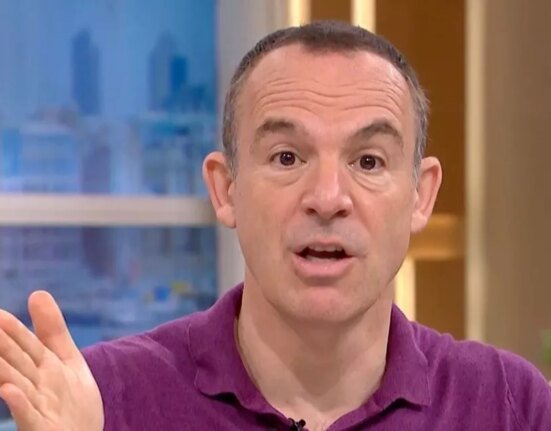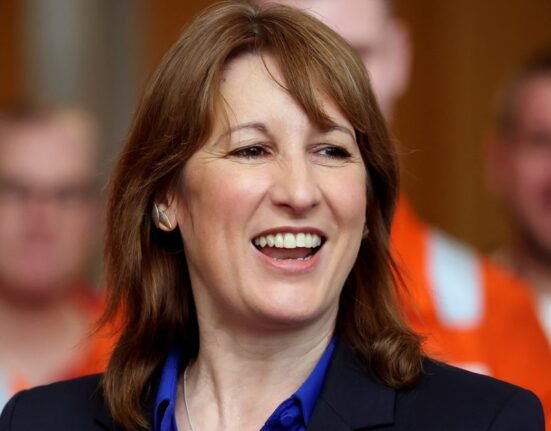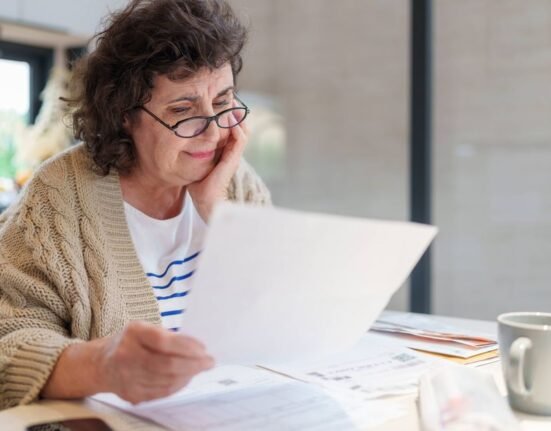After years of increasing home values, no one loves property taxes, but they are how we fund our schools, counties, and “special districts” that fight fires, provide drinking water, maintain parks and libraries and more.
As Supreme Court Justice Oliver Wendell Holmes, Jr. put it over 100 years ago “Taxes are what we pay for civilized society.” In Colorado, property taxes are LOCAL taxes paid to LOCAL governments – not the state.

So it’s fair to wonder why there’s been a lot of discussion recently about STATE ballot measures that would impact property taxes. Or why, for the second time in less than a year, Gov. Jared Polis summoned the STATE legislature to a special session about property taxes.
The short answer is: Our State Constitution and laws have mixed up the state in property taxation for a long time.
But given the reality that our state is an economically and politically diverse place, we shouldn’t necessarily keep doing what we’ve been doing. In fact, I think a lot of local government leaders and organizations that care about state and local government decisions in Colorado would rather we don’t. A number of them have said so loudly and clearly, as recently as this past Friday, at a meeting of the state’s Property Tax Commission.
That is why, as the Legislature convenes this week, state Sen. Chris Hansen, D-Denver, and I will introduce a measure that, if passed by the requisite two-thirds of both the House and Senate, will allow voters statewide to consider whether they want to stop voting on each other’s property tax bills, while retaining the right to vote on their own.
Wherever you live in Colorado, you pay property taxes to your school district and your county. You may also pay property taxes to one or more special districts, and possibly to a “metropolitan district” associated with the development of your residential community. We all expect the ability to vote on LOCAL taxes related to funding OUR LOCAL governments.
Because of how property tax laws work right now, statewide property tax ballot measures do a lot more than this. But one size does not fit all.
For example, when a voter in Douglas County (generally a conservative county) votes yes on a statewide measure to cut property taxes, that impacts local government funds in the San Luis Valley. However, Douglas County is an exurban, affluent, fast-growing area, and the San Luis Valley is a rural, agricultural area in which some counties are actually losing population.
Or, consider a different statewide ballot measure, say to increase taxes on commercial property (like office buildings or warehouses). If a voter in Boulder County (generally a pretty liberal county) votes yes, that same yes vote contributes to increasing taxes in conservative areas, such as Mesa County, that probably have a lower tax philosophy. Again, this is in the context of LOCAL government and LOCAL taxes like property taxes (contrasted to income taxes, which we pay to fund state government, of which we’re all a part).
Compared to other states, Colorado has a pretty live-and-let-live philosophy. We want to be able to walk our chosen path, and as long as others aren’t keeping us from doing that, most of us are OK if others walk their own chosen paths.
In the parlance of government, this live-and-let-live approach is called “local control.” “Home rule” cities and towns (including Aurora) possess authority that would otherwise be a matter for state government. Our 64 counties all choose their own commissioners (or councilors, in Broomfield and Denver) and can, and do, choose to do things differently. Our 178 school districts across the state educate from fewer than 100 to over 80,000 students.
Currently however, property tax law treads on local control by putting voters in the position of voting to cut, or potentially raise, local property taxes in parts of our state far from their own, even if they don’t want to be in that position.
We can change this. The special legislative session this week will move quickly, and the dominant focus will be on legislation intended to avoid billions of dollars of cuts to schools and other critical services. I hope, in addition, the Legislature will seriously consider the need to truly keep LOCAL taxation LOCAL. If the Legislature does not act on this subject this week, it must do so in the near future, for the sake of stability of communities across Colorado.
Democratic State Rep. Mike Weissman represents House District 36 in Aurora, Arapahoe and Adams counties.







